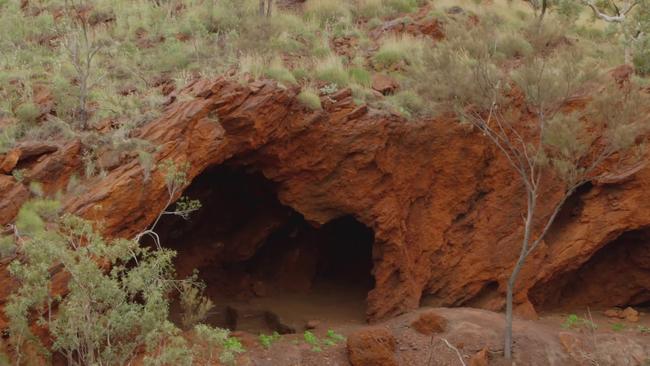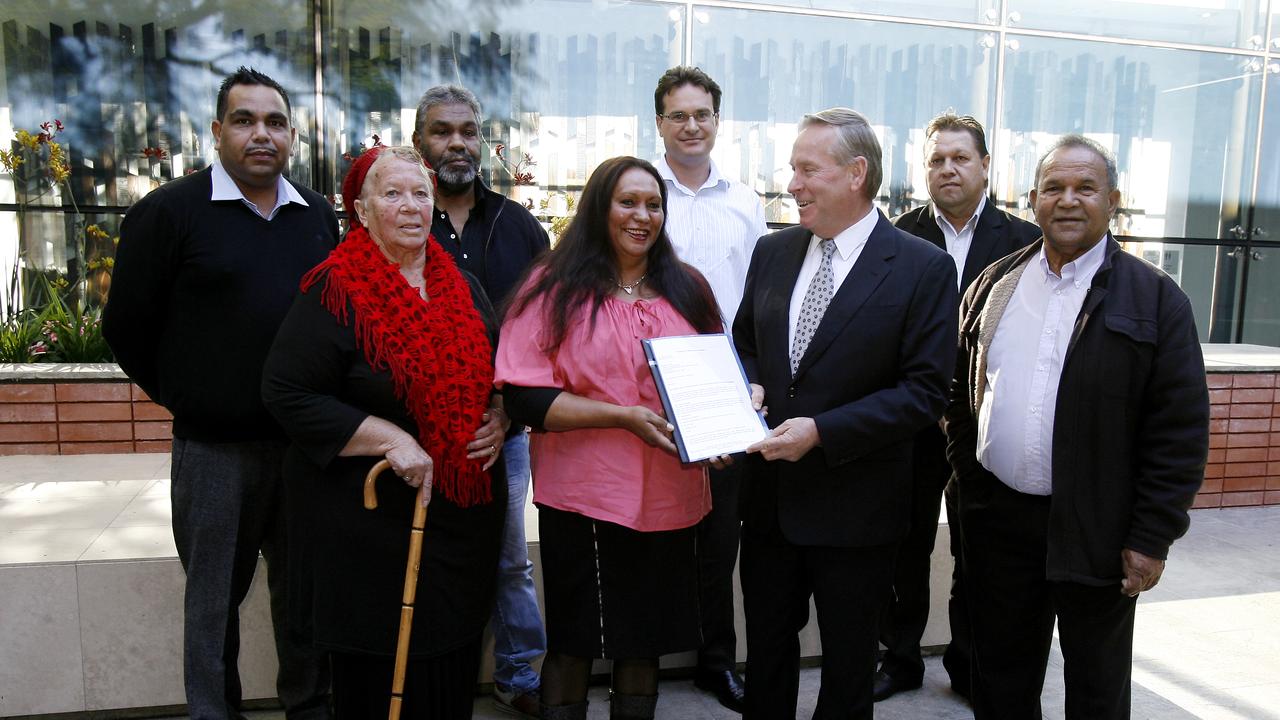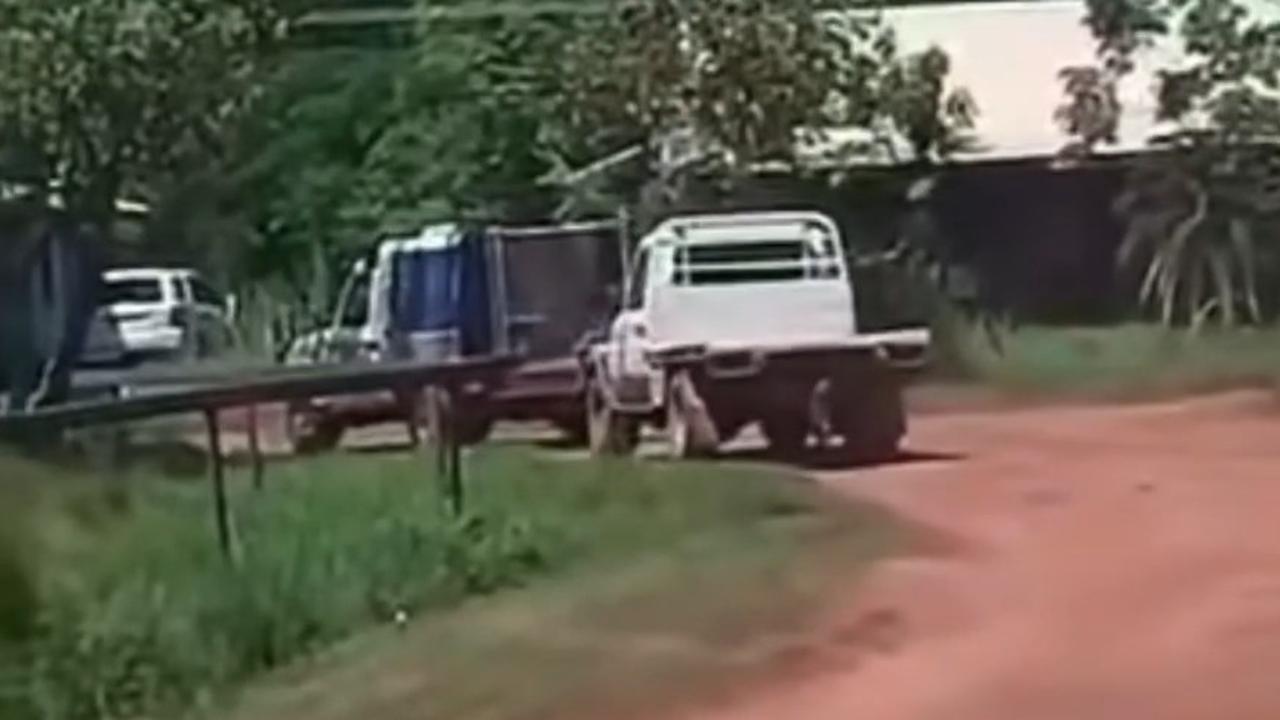Indigenous groups set to win new rights after Juukan Gorge overhaul
Aboriginal groups will have a far greater say over their land under an overhaul of the legislation that allowed Rio Tinto to detonate ancient caves.

Aboriginal groups will have a far greater say over their land under an overhaul of legislation that let mining giant Rio Tinto blast the ancient Juukan Gorge caves in Western Australia.
WA’s Department of Planning, Land and Heritage used its submission to the joint standing committee on northern Australia’s inquiry into the destruction of Juukan Gorge to detail a bill that is expected to replace the section 18 process that paved the way for the caves’ destruction.
WA’s Aboriginal Affairs and Land Minister Ben Wyatt had planned to overhaul the legislation well before the Juukan Gorge controversy erupted, having launched a review into it more than two years ago.
In its submission, the DPLH noted that the existing act was almost 50 years old and out of date with modern standards.
“The act does not reflect Aboriginal community aspirations regarding management of their heritage or support an efficient and culturally appropriate land use decision-making process,” the department said.
“One of the act’s greatest weaknesses is that it does not expressly provide for consultation with Aboriginal people in the identification, management and protection of their heritage.”
The system has been under intense scrutiny since Rio Tinto went ahead with the detonation of the two caves in May. While Rio Tinto had secured legal approval for the work in 2011, a subsequent excavation of the caves had found artefacts dating back 46,000 years and prompted an 11th-hour push by traditional owners, the PKKP Aboriginal Corporation, to halt the work.
Rio Tinto has apologised for the episode.
The department flagged that a new bill to replace the existing act would make Aboriginal people responsible for evaluating the importance and significance of their heritage sites and establish an Indigenous-chaired Aboriginal Cultural Heritage Council “to provide strategic oversight” of the Aboriginal heritage system.
Current “weak” penalties for breaches of the act will be overhauled, while a 12-month limitation period that restricts comprehensive investigations into issues will be extended to five years.
The department also confirmed that the new bill would finally give Aboriginal people a right of appeal. That right had sat only with land users under the existing system.
The new system will also allow for new information to be considered after a decision is made, a provision that did not exist previously.




To join the conversation, please log in. Don't have an account? Register
Join the conversation, you are commenting as Logout